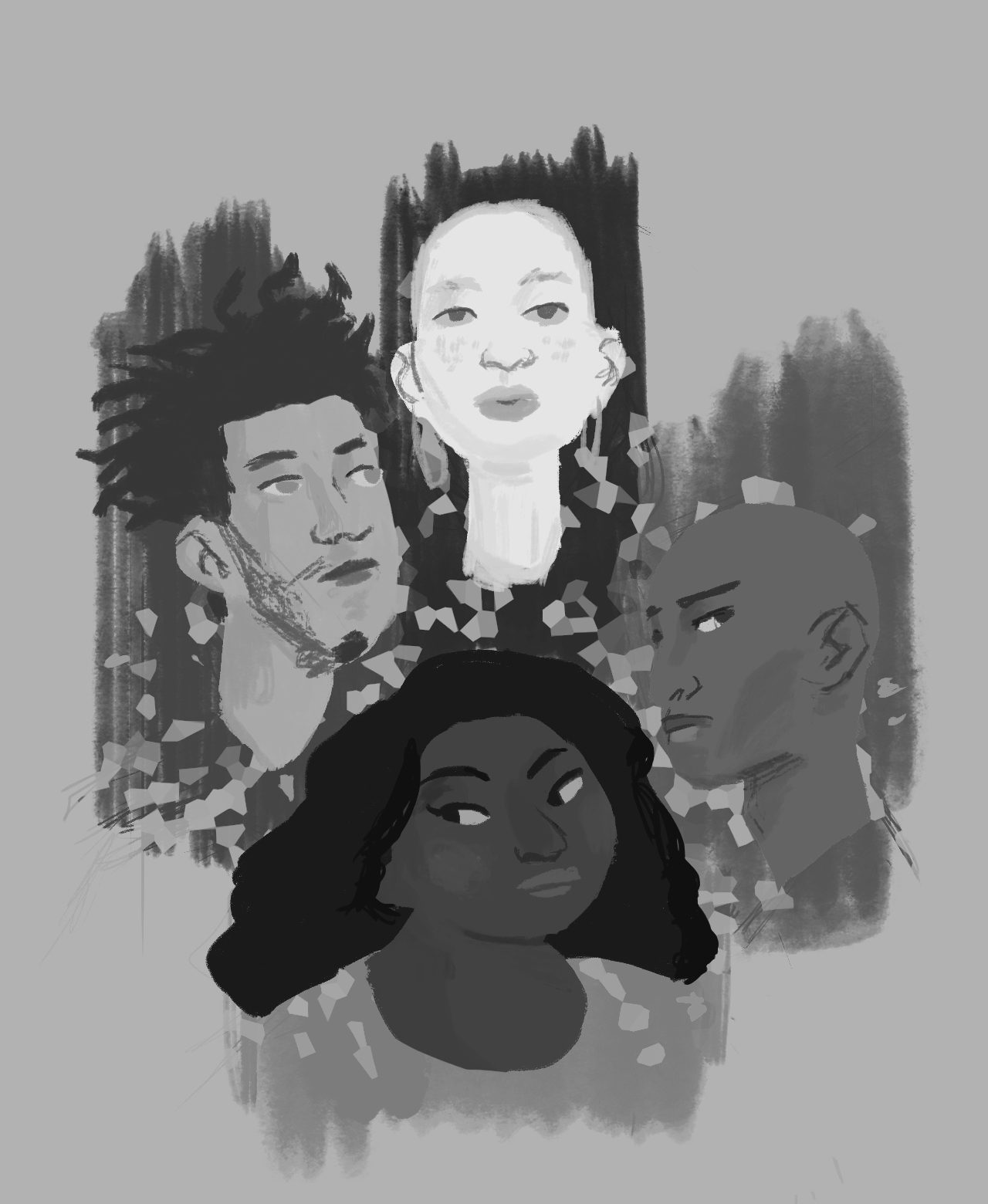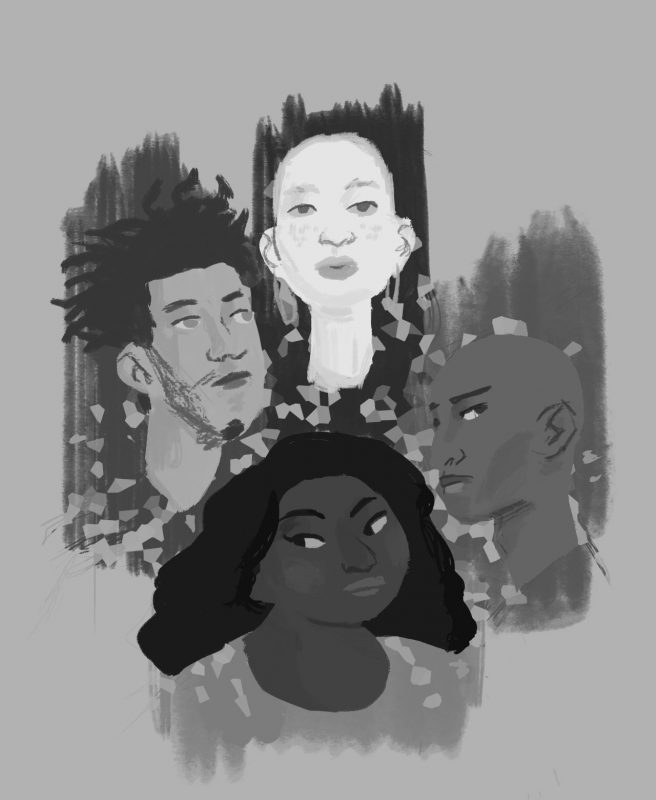Knowing your worth as a black women in today’s society


When I was 14, I used to pack my flat iron in my school bag. Wedged between my lunch box and pencil case, this seemingly crucial feat of proactivity occurred every Sunday like clockwork; as though I had thought to offer God the words of a church sermon in exchange for biblically flat hair.
Between classes, I’d take my chance to patrol my head for any potential frizz and by lunch, it was fair game for a makeshift salon in the girl’s bathroom. Maybe sole vanity drove me to the brink of anxiety every time the weather offered rain, snow or anything above the regular humidex, but ask any other black girl who grew up in a predominantly white suburb about their relationship with their hair and they’ll probably tell you a similar story.
They’ll recall sitting on their bathroom floor, perm stinging their scalp, the smell nauseating at best. They’ll tell you about getting their hair braided back for eight hours at a time in the name of a protective style.
They might even tell you about cutting all of it off and making the journey to start everything over again after being at wits end.
It’s cyclical: black girls are entered into a dangerous game of assimilation from the very minute they are taught the ways with which they are to interact with the world around them — and hair is just a fraction of this cycle.
Myself and so many other black girls came of age alongside media saturation of women who looked nothing like us. The number of black female role models I had growing up could be counted on one hand.
There was no such thing as black-positive spaces or publicized rallies for black lives and the towns in which we were raised made nothing more clear; we were consistently told that everything about us was not the norm and never would be. This lack of normalization of our beauty standards is, at its core, a deficit in both understanding and solidarity with black women.
Blackness is never allowed to be affliction-less in its synonymy with womanhood. The demonization of black women is so unrelenting in its intersections with every aspect of our lives that it’s no surprise it functions as a trickle down system of marginalization in young girls.
Black women are seen as too harsh and never quite feminine enough; never conceded to be anything more than loudmouthed, angry or sassy.
From Blue Ivy’s looks to Malia, Sasha and Michelle Obama’s very existence in the White House, black women and girls are never too young or too accredited to avoid being targets of racial violence.
Our slang terms popularized, our hairstyles bastardized and our bodies and features appropriated: it seems everybody wants to cash in on blackness without having to face the reality of our stigmatization.
And still, people ask why we are so angry in the continuous policing, erasure and silencing of black women’s existence in our current social climate.
Internalized anti-blackness runs deep and its only viable cure is unabated representation and discussion.
Representation matters; representation has been and will continue to be fundamental to every black woman and girl who is asked to come to terms with their identity in a system that continuously erases and stigmatizes black voices and identities.
We must, as a society, uplift the voices of black women just as loudly as the voices of other women of colour. We must recognize, encompass and celebrate every form of black womanhood and identity and we must relentlessly ensure that black girls have a space of inclusivity and reassurance adopted around them.
As we celebrate Black History Month, celebrate the black women around you. Celebrate the black women whose strength has and will continue to hold their communities strong in the face of adversity.
To all my black girls and women: know that you matter. Know that your beauty is not defined by a eurocentric standard, and know that regardless of how you define your womanhood, you are important and valued every month of the year.


